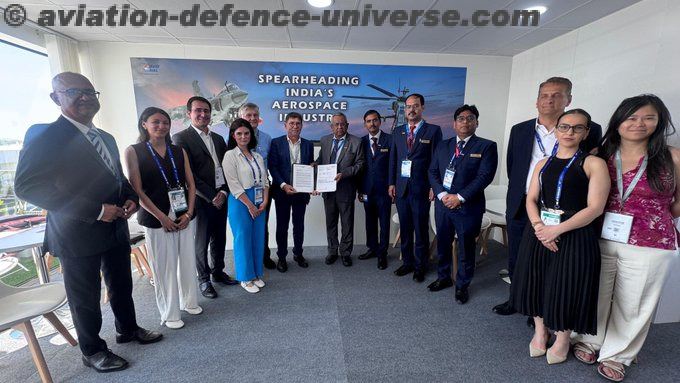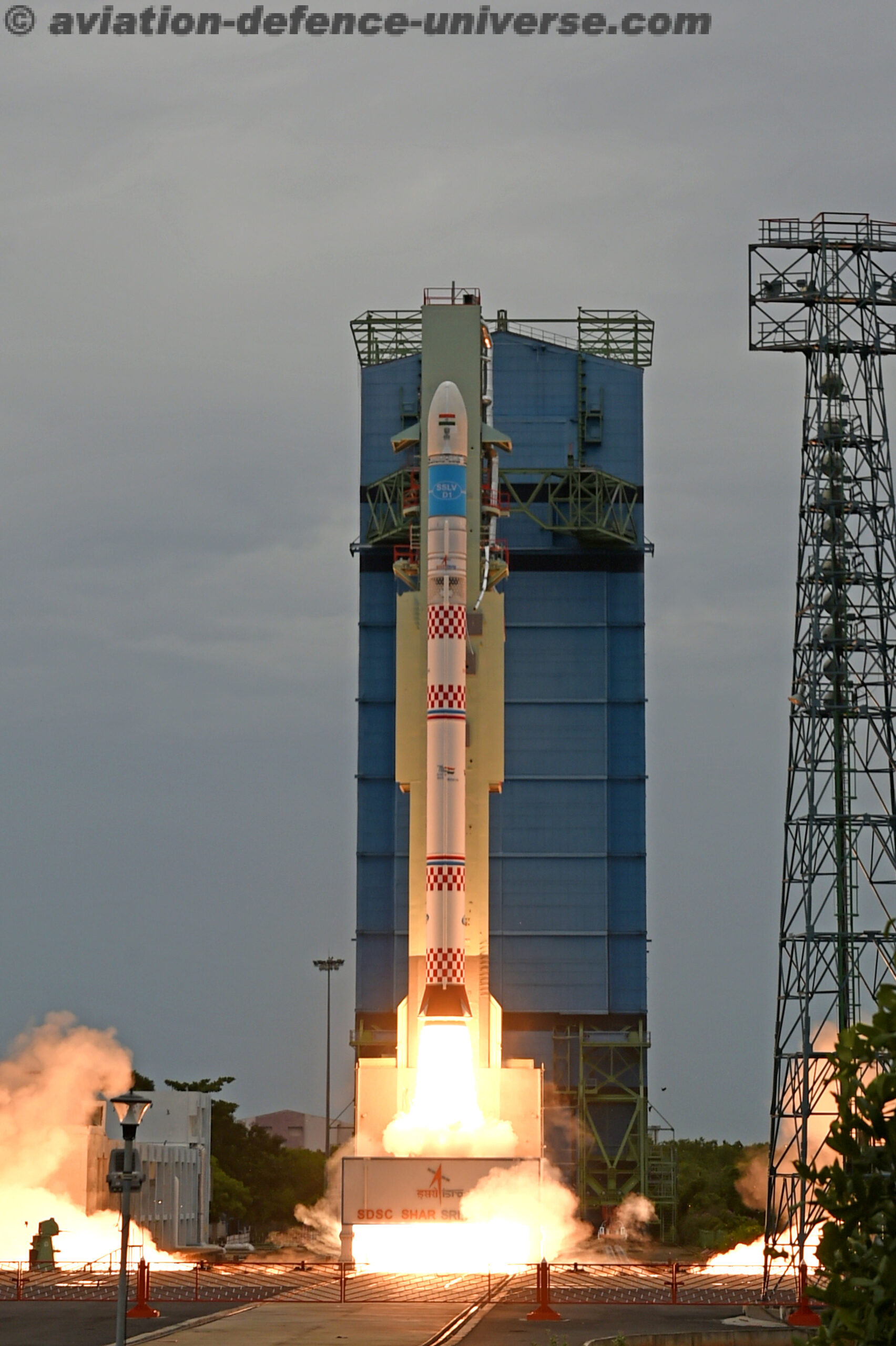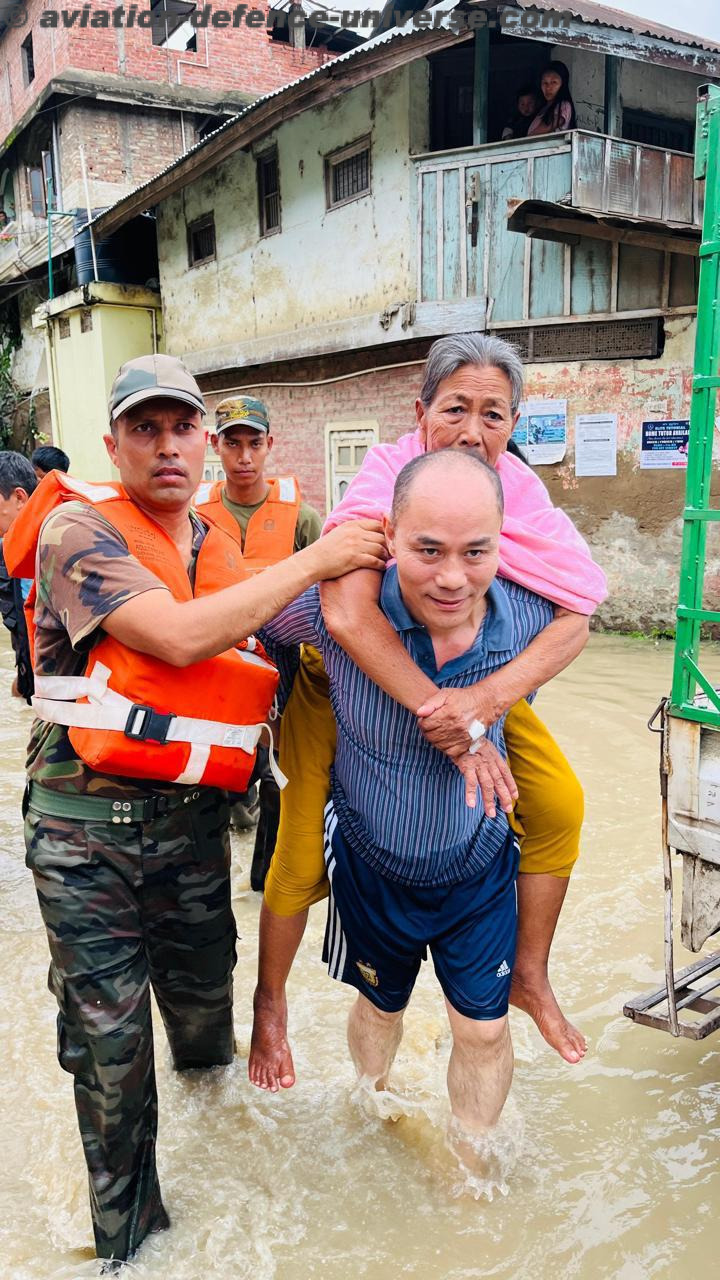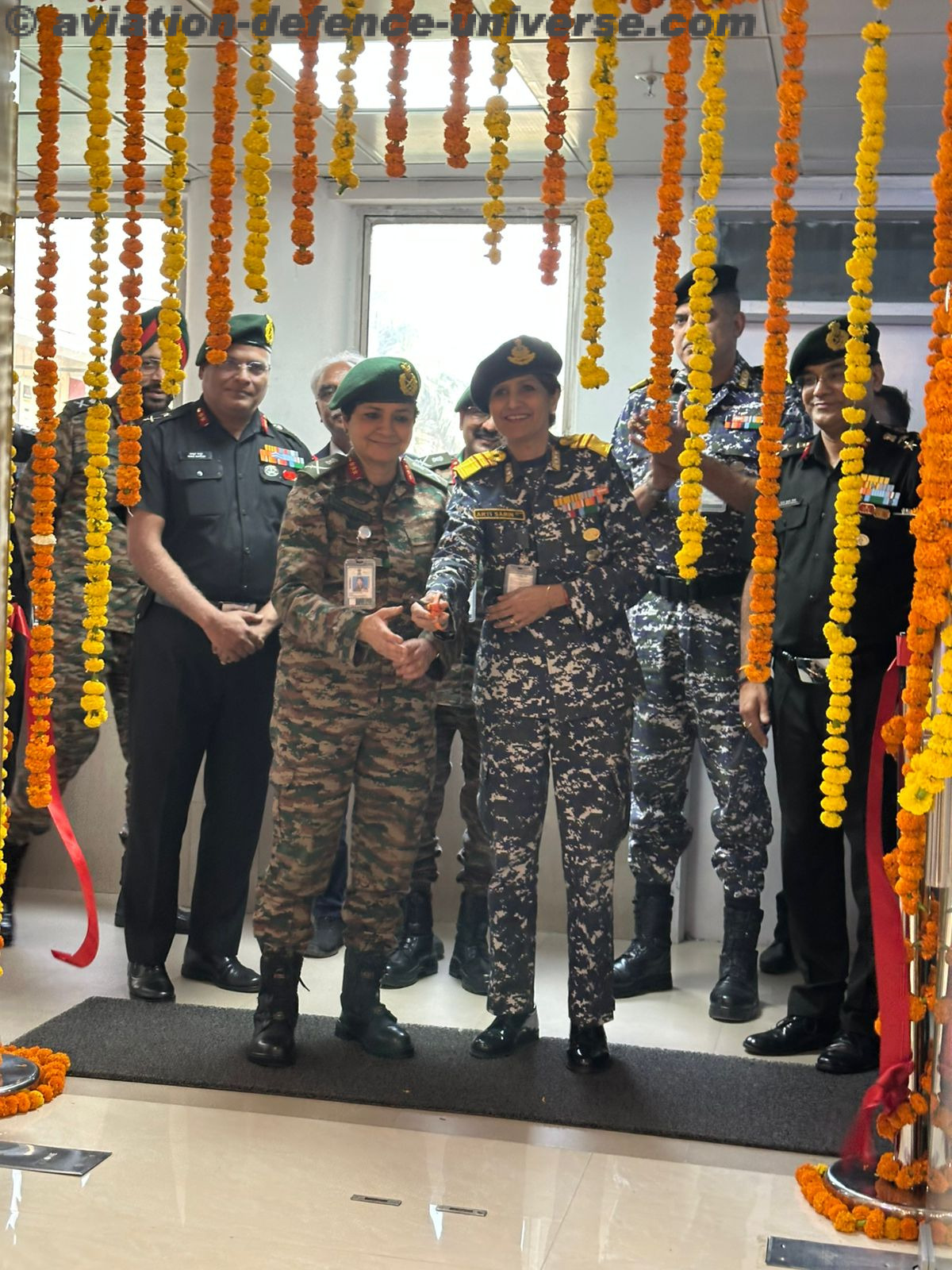- Indian Defence Conclve 2019 brainstorms
By Surbhi Mahajan
New Delhi. 07 November 2019. India’s defence sector has matured and is extending its partnerships in India and abroad still leaving a room to invest more and more. A lot of defence equipments are currently being imported and to reverse this trend, joint effort of defence sector and industry is required.

The educative technical workshop – ‘Indian Defence Conclave 2019’ organized by Traicon, showcased opportunities for private sector manufacturers and MSEMs engaged in supplies of raw material, components, assemblies and subassemblies. The workshop underlined the latest technology for land, sea and air defence.
Air Marshal Rajeev Sachdeva AVSM, Deputy Chief & Integrated Defence Staff, Headquarters, IDS, India inaugurated the session with his words, “Modernizing the armed forces is essential to improve operational efficiency, mobility and battle readiness.” He highlighted the limited resources that should be utilized optimally keeping ‘Buy and Make Indian’ policy in priority.
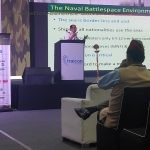
For defence procurements, Make in India programme is exercised by the government. It is done by classifying the capital acquisition proposals under ‘Buy – Indian IDDM’, ‘Buy – Indian’, ‘Buy and Make – Indian’, ‘Make’ and ‘Strategic Partnership Model’ sections of Defence Procurement Procedure (DPP) – 2016. 135 contracts have been signed in the last four years with Indian Vendors which has strengthened the ‘Make in India’ initiative.

Cmde M.P. Anil Kumar, Chief Information Security Officer, Indian Navy, mentioned that cyber welfare is not the fifth dimension but integral to every dimension of full spectrum welfare. He encouraged on changing the mindset by quoting, “The only thing harder than getting a new idea into the military mind is to get the old one out.”
The harm caused by weaponry with the utility of technology to attack government, nations and citizens is referred as cyber welfare. Multiple layers of attacks are used to destroy 1000s of machines. Some of them are reprogrammed to spin insecurely fast and then slow for few months.
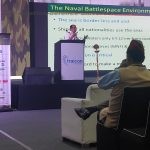
Dhiraj Kumar, DIG Directorate General, CRPF, gave an overview of Left Wing Extremism (LWE) which contributes to almost 80% of violence that is higher than militancy and insurgency. It is the biggest internal security threat which approximately affected 90 districts. He undermined the extensive use of IEDs and explosives.
Production of Improvised Explosive Devices (IEDs) takes place outside the government controls killing thousands every year. The capacity of government to effectively bring together policy strands for broad national action is essential in improving the damaged critical infrastructure, dreadful physical injuries, and fear and disruption across affected communities.

Cmde Anil Jai Singh, Vice President, Indian Maritime Foundation addressed the Maritime security by highlighting the biggest challenges and opportunities that come up with real time solutions. “Indigenous shipbuilding is a way out for maritime challenges”, he said.
Maritime security is of vital importance for the nation. Indigenization, import dependence and setting unrealistic timelines are a few barriers to maritime security. India’s share of global shipbuilding is less than 0.5 %. We must focus on creating shipbuilding culture and ecosystem.
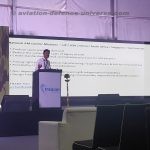
Demetrio Lopez, Head of Innovation, Technology and New Business Development, Alter Technology talked about parts selection criteria which are an influential part of the plan. For the selection of the parts – Qualification status, space heritage, obsolescence, leads time, screening and evaluating the costs are the important factors.
‘National AM Centric Mission’ was targeted by Dr U. Chandrasekhar, Program Director, Wipro 3D. According to him, centralization and standardization processes must be adopted alongside producing spare parts in demand. Reduction of substantial costs of legacy aircrafts and functionality improvement will ultimately lead to modernization.

Reiterating on using Indian made equipments instead of importing them from other countries, Jaibir Rathee, Managing Director, J.R. Tools, delivered the ending note. He said that initiatives must be taken by us to strengthen our defence stratum.
Modernization aims at attaining the optimum utilization of operational capacities. Being the aerospace and defence capital of the country, the city makes it easy for the SMEs and MSMEs to set up easily. Growing focus on indigenous manufacturing and targeted spends will open up long term opportunities in the next 5 years. It’s the time that India realizes its objectives of self reliance.














